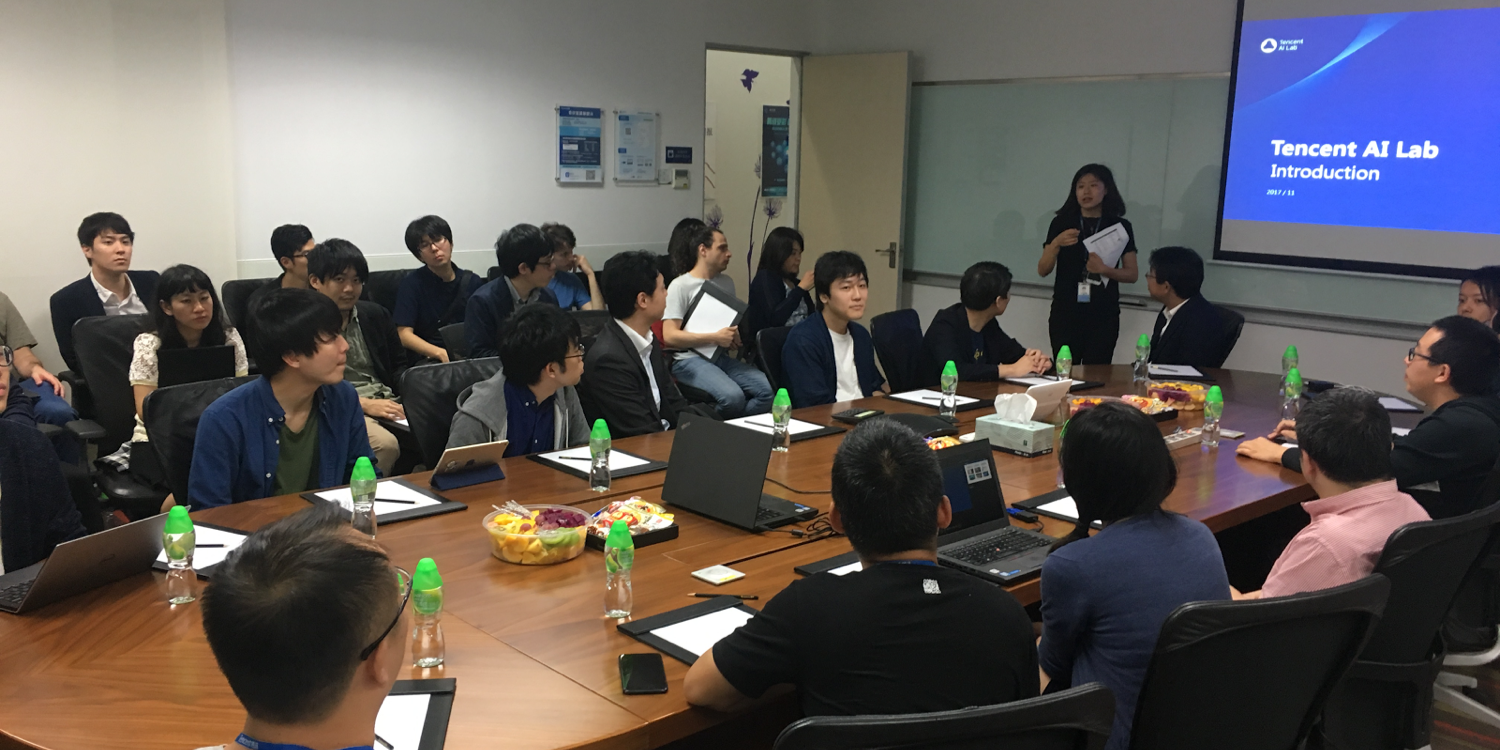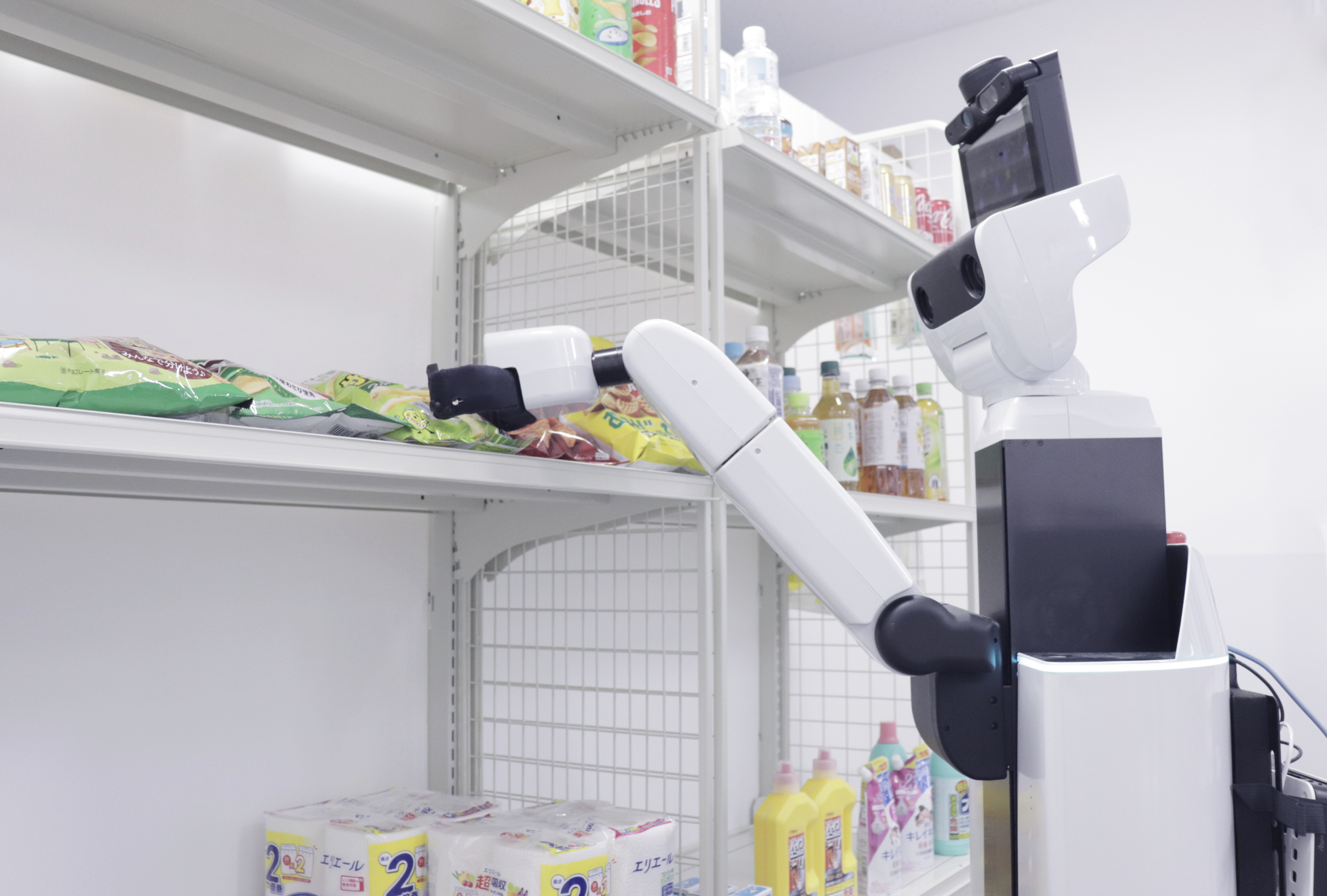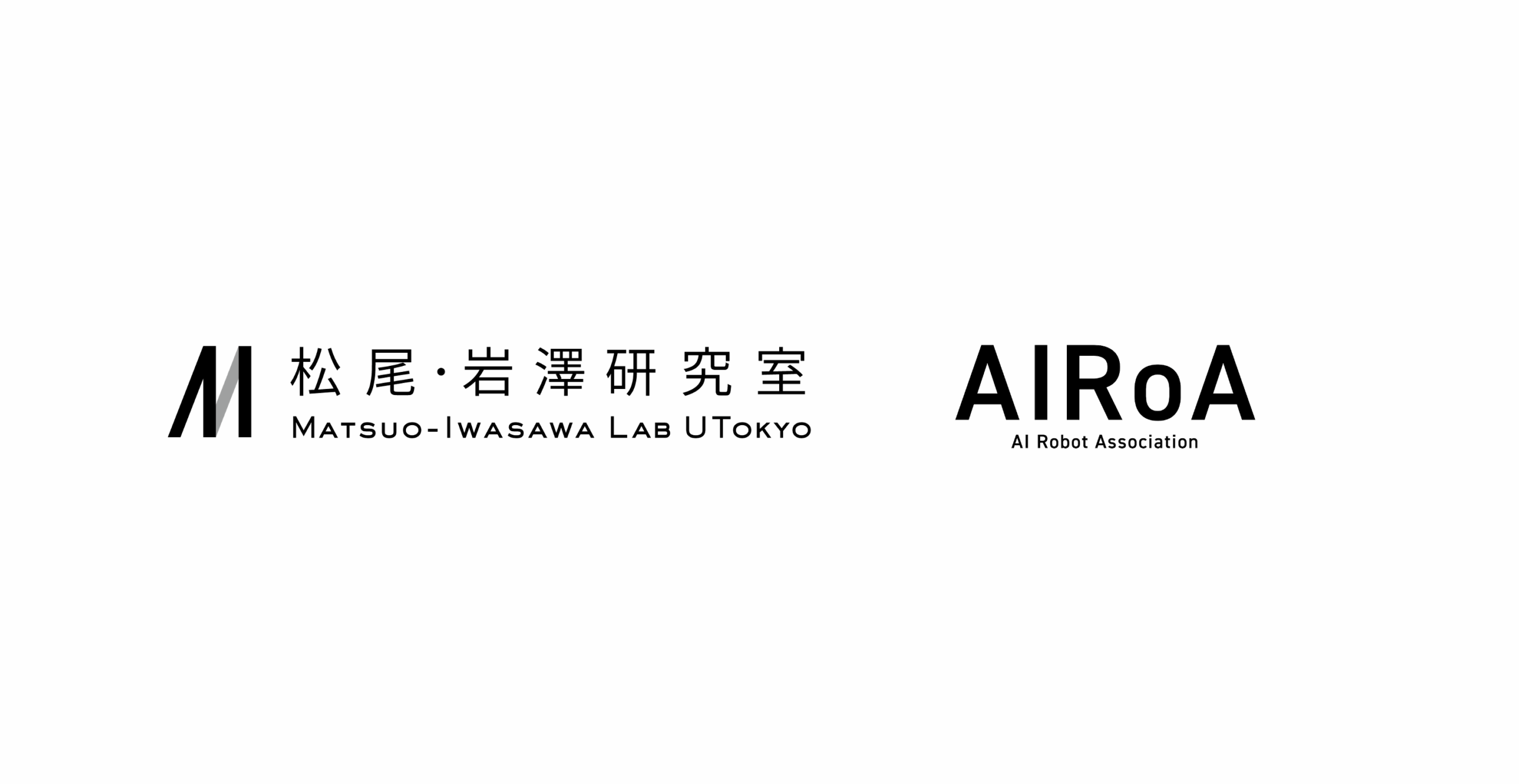Hello, this is Shimizu from Public Relations. Thank you for your continued support of Matsuo Lab in the new year.
As a part of our annual laboratory trip to Shenzhen last November, we visited several companies in the city.
Among them, we would like to introduce our visit to “Tencent AI Lab,” a world-class research institute with which our laboratory has already had technological exchanges!
What is “Tencent AI Lab”?
Founded by Pony Ma and his team on November 11, 1998 in Seg Science Park, Shenzhen, Guangdong Province, China.
Listed on the Hong Kong Stock Exchange in 2004, it is the seventh largest company in the world by market capitalization.
The company focuses on four fundamental research areas: machine learning, computer vision, speech recognition, and natural language processing, and their applications in content, games, social, and platform tools, as well as improving AI’s decision-making ability, comprehension, and creativity, and is committed to “Make AI Make AI Everywhere”.
Currently, AI technologies developed by Tencent AI Lab have been applied to hundreds of Tencent services, including QQ, Tencent MyApp, and QQ Music.
/assets/images/1975767/original/ab1a79a5-1af8-4dd0-b3e6-99e59376fece?1514548181)
Report on Visit to Tencent AI Lab
Created by: Han Chihmei
On November 16, 2017, officials from the University of Tokyo’s Matsuo Lab paid an exchange visit to the Tencent AI Lab (“Tencent AI Lab”) in Shenzhen.
The University of Tokyo’s Matsuo Lab is a key player in Japan’s AI industry, leading the development of Japan’s artificial intelligence industry in many areas, including education, basic research, social awareness, industry-academia collaboration, startup development, and policy development for government and economic organizations.
This is the first visit to Tencent AI Lab for Matsuo Lab, but we have already had technical exchange in terms of AI Go software development.
Tencent AI Lab has developed two of the world’s strongest AI Go software, “Fine Art” and Japan’s “DeepZone”.
Japan’s “DeepZenGo” was developed by Yoji Ojima and Hideki Kato, who have been developing the Go AI zen for some time, with the help of Dwango, Inc. The game was developed with the cooperation of the Matsuo Lab’s deep learning part.
/assets/images/1975762/original/2583b342-b73e-4a93-bbbe-a9bd52751b8f?1514547952)
The visit was led by Project Associate Professor Yutaka Matsuo and attended by key members of the “ZEIGEI” development team from the Tencnet AI Lab. Dr. Senka Luo[1], advisor of the “ZEIGEI” Go project, also took time out of his busy schedule to visit us and say hello.
The two-hour exchange began with an introduction to the history and current status of the Tencent AI Lab. Tencent has already penetrated into every corner of Chinese people’s daily lives through the Internet. Tencent AI Lab’s main task is to support its huge services with AI technology, and the Lab introduced several cases where AI has improved the user experience in the four pillars of games, social, content, and platform AI. For example, chatbots that adapt to the user’s personality, smart news recommendations, advanced photo and text understanding technology, and rap music on photos.
/assets/images/1975764/original/2aa5e63b-f827-425f-b443-b29c23d18f3d?1514548123)
In addition to examples of applications of AI technology to Internet services, the presentation also highlighted the results of academic research for the members of the Matsuo Lab. In basic research on artificial intelligence, the Tencent AI Lab focuses on four areas: machine learning, computer vision, speech recognition, and natural language processing, and in the past year has published nearly 100 papers in top conferences and journals such as NIPS, ICML, CVPR, ACL, and others, including sub journals of “Nature” journal. In the past year, nearly 100 papers have been accepted for publication in top conferences and journals such as Nature, NIPS, ICML, CVPR, and ACL. A question-and-answer session was also held between the two members on the content of these papers.
Next, Tencent AI Lab explained its multi-level exchange system with renowned universities, its open AI platform plan, and its business development in “AI+Medical Imaging”. This truly reflects Tencent AI Lab’s slogan “Make AI Everywhere”.
/assets/images/1975771/original/b8b71fbf-5e67-4222-9796-d5bae48dc7cb?1514548516)
To facilitate smooth communication during the exchange, the Tencent Al Lab demonstrated its simultaneous interpretation technology, which had just debuted at the “2017 Tencent Partner Conference”[2] a week earlier. Members of the Matsuo Lab were amazed at the accuracy and speed of the simultaneous interpretation. Although the technology is currently only capable of interpreting between Chinese and English, Matsuo and Liu Yongsheng, Director of the Tencent AI Lab, humorously asked each other, “Why don’t we develop simultaneous interpretation between Chinese and Japanese together? “Why don’t you work with us to develop simultaneous interpretation between Chinese and Japanese?
Finally, the exchange ended amicably with the Matsuo Lab members touring the engineers’ and researchers’ office areas.
/assets/images/1975773/original/e8647de0-5b0d-4ba6-89a0-338cea214c7b?1514548656)
[1] Luo Sen-Ha 9-dan, world Go champion, won the Samsung Fire Cup World Open Championship in January 2006, defeating Lee Chang-Ho of South Korea 2:1 in the final match. At the same time, he put an end to Lee’s 14-year unbeaten streak against foreign players in the finals.
[2] 2017.11.8, Chengdu, China.




